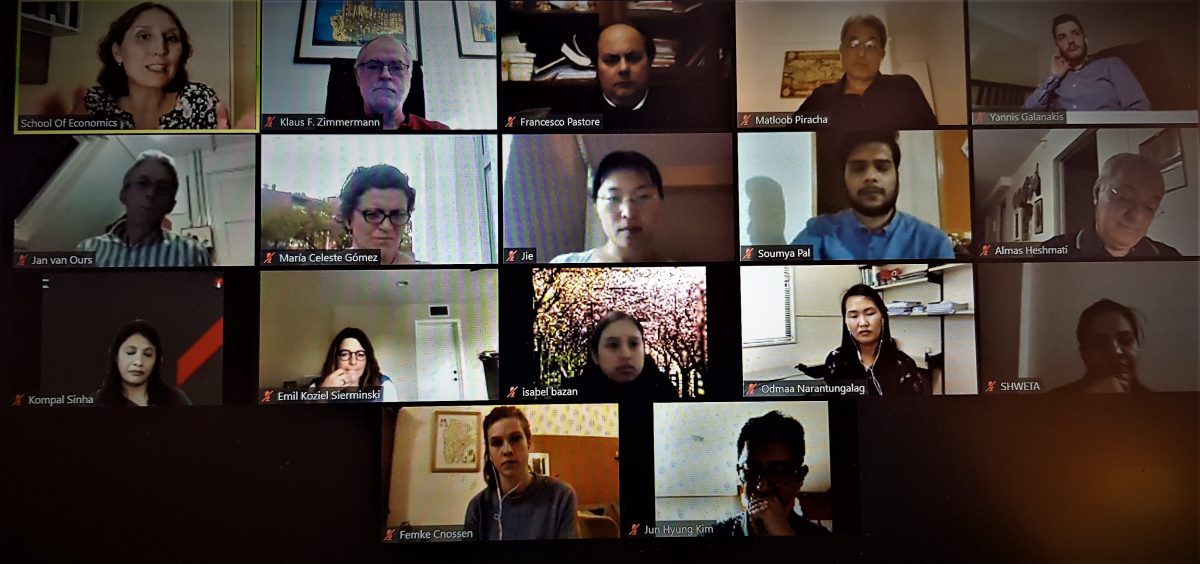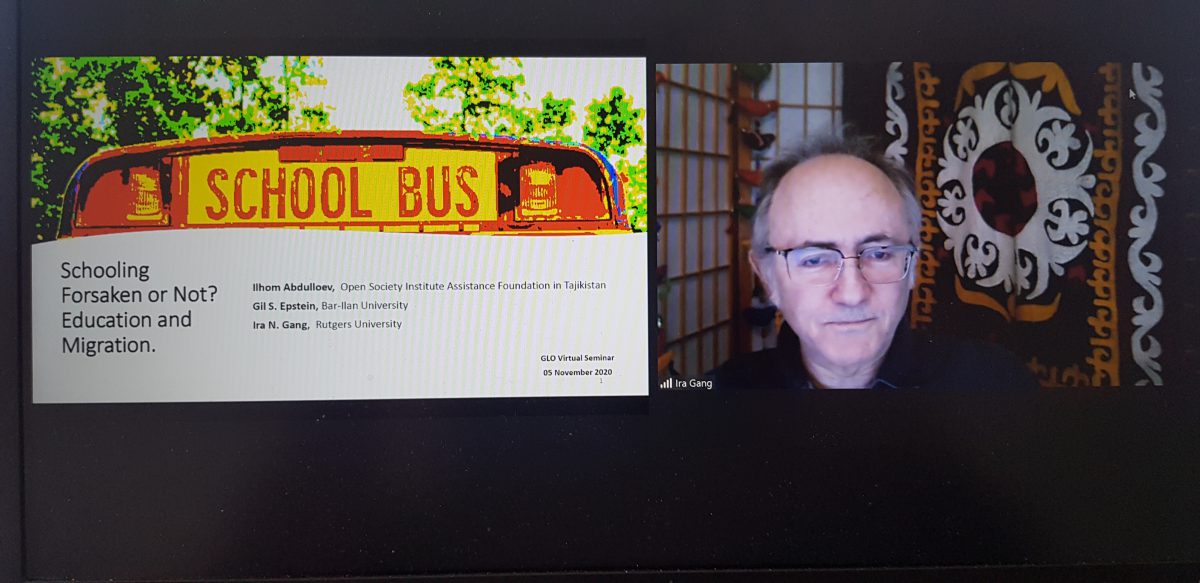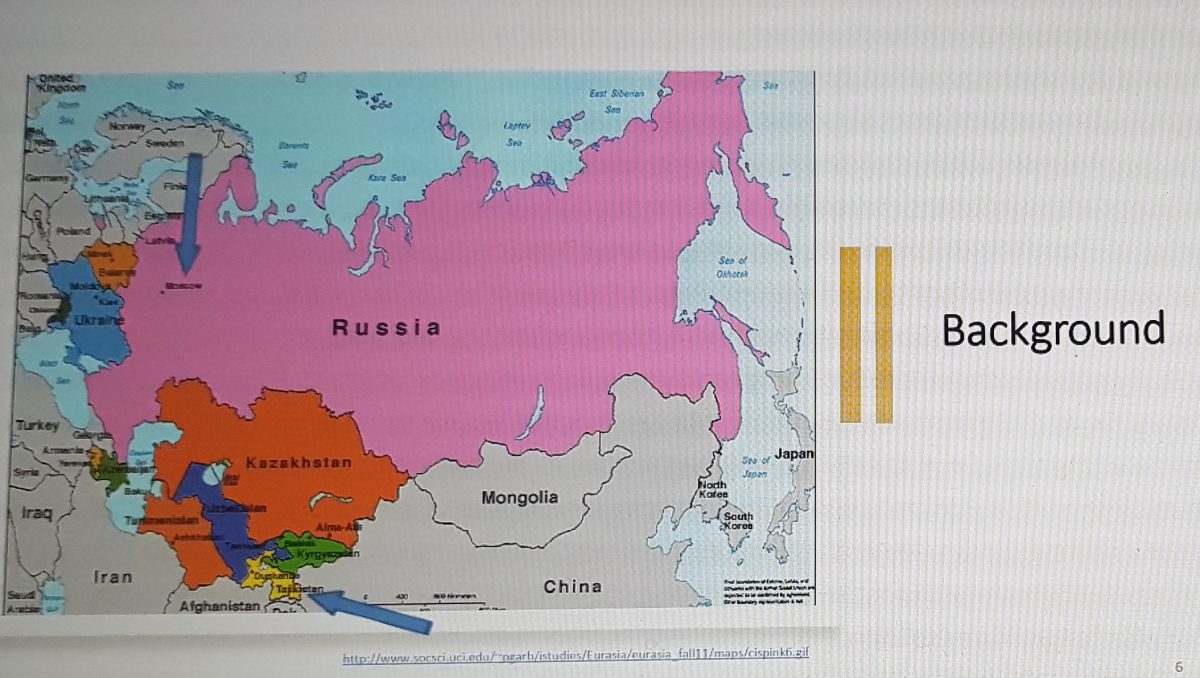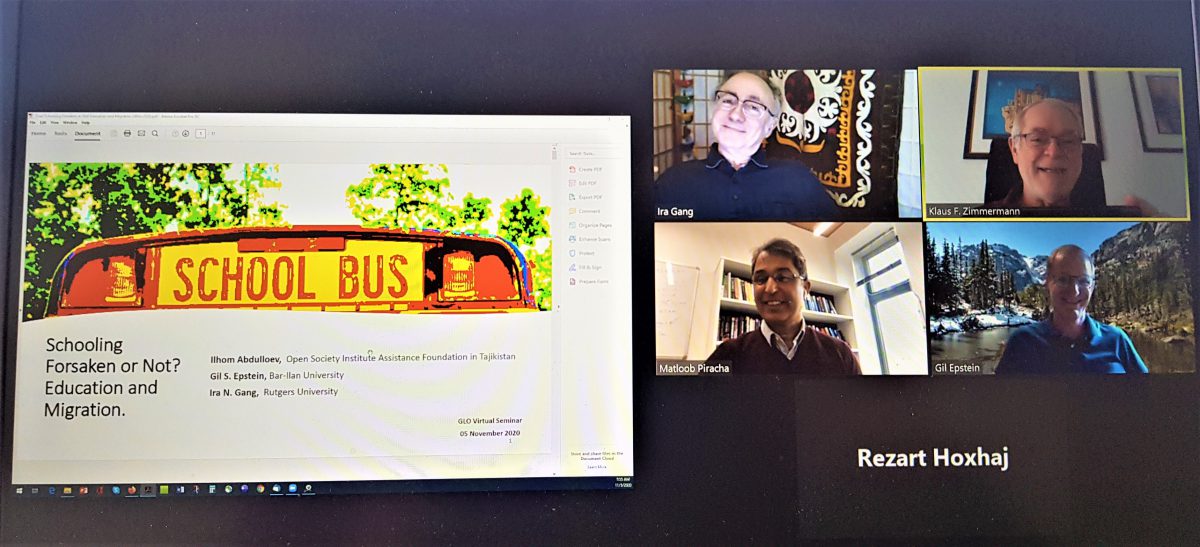A new GLO Discussion Paper finds that identifying as local residents significantly increase migrants’ hourly wages and reduce hours worked, although their monthly earnings remained barely changed. Further findings suggest that migrants with strong local identity are more likely to use local networks in job search, and to obtain jobs with higher average wages and lower average hours worked per day.
The Global Labor Organization (GLO) is an independent, non-partisan and non-governmental organization that functions as an international network and virtual platform to stimulate global research, debate and collaboration.

GLO Discussion Paper No. 716, 2020
Social Assimilation and Labor Market Outcomes of Migrants in China – Download PDF
by Cai, Shu & Zimmermann, Klaus F.
GLO Fellow Shu Cai & GLO President Klaus F. Zimmermann

Author Abstract: Previous research has found identity to be relevant for international migration, but has neglected internal mobility as in the case of the Great Chinese Migration. However, the context of the identities of migrants and their adaption in the migration process is likely to be quite different. The gap is closed by examining social assimilation and the effect on the labor market outcomes of migrants in China, the country with the largest record of internal mobility. Using instrumental variable estimation, the study finds that identifying as local residents significantly increase migrants’ hourly wages and reduce hours worked, although their monthly earnings remained barely changed. Further findings suggest that migrants with strong local identity are more likely to use local networks in job search, and to obtain jobs with higher average wages and lower average hours worked per day.

GLO Discussion Papers are research and policy papers of the GLO Network which are widely circulated to encourage discussion. Provided in cooperation with EconStor, a service of the ZBW – Leibniz Information Centre for Economics, GLO Discussion Papers are among others listed in RePEc (see IDEAS, EconPapers). Complete list of all GLO DPs – downloadable for free.
Ends;
















